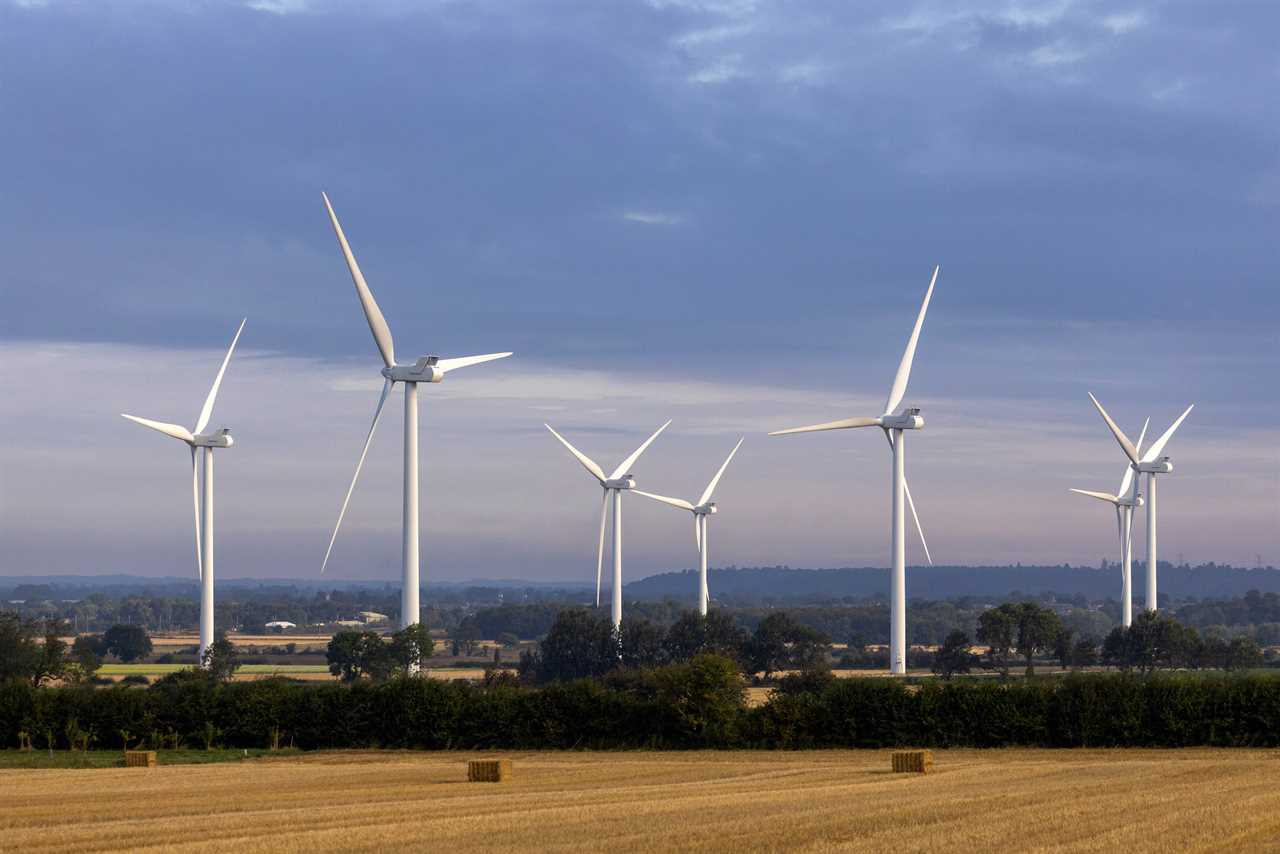
In a landscape where environmental concerns are increasingly intertwined with economic realities, the impact of Ed Miliband's Net Zero policies on household finances has come under scrutiny. A recent Tory analysis suggests that by 2030, every family in the UK could see an additional £389 added to their annual energy bills due to the government's ambitious decarbonisation plans.
Reconciling Environmental Goals with Financial Burdens
Ed Miliband's Labour government has set out an ambitious target to fully decarbonise the UK's energy grid within the next five years, primarily through investments in renewable energy sources such as wind and solar power. However, the transition towards a greener energy landscape comes at a price, with estimates indicating a staggering £22.8 billion increase in energy costs by the end of the decade.
The Complexity of Renewable Energy Subsidies and Balancing Costs
While renewable energy subsidies play a crucial role in accelerating the shift towards cleaner sources of power, the hidden costs associated with these initiatives raise questions about their long-term sustainability. The analysis reveals that the National Grid's infrastructure struggles to manage energy surges, leading to scenarios where wind farms are paid to halt production, adding to the financial burden.
International Contrasts and Political Pressures
Comparisons with the US, where energy prices are lower despite a heavier reliance on fossil fuels, underscore the complexities of balancing environmental ambitions with the affordability of energy for households. With pressure mounting on Sir Keir Starmer to address the UK's soaring energy costs, the debate surrounding the true cost of green policies gains prominence.

Navigating the Path to Net Zero
As the government faces criticism for potentially inflating energy bills through its green agenda, the broader question of how to achieve a sustainable energy transition while ensuring affordability for all remains at the forefront. The tension between environmental imperatives and financial implications calls for a nuanced approach that considers both the immediate impact on households and the long-term benefits of clean energy.
While the road to Net Zero by 2050 presents significant financial challenges, proponents argue that the investment in clean power is essential to safeguarding both individual and national finances from the volatility of fossil fuel markets. Balancing these competing priorities will require careful planning, robust infrastructure development, and a clear understanding of the trade-offs involved in the transition to a greener future.






